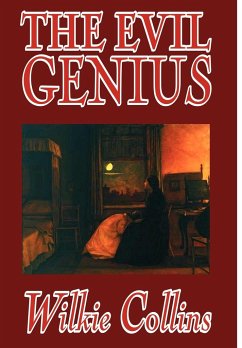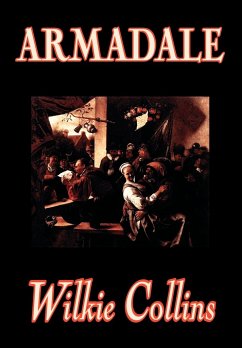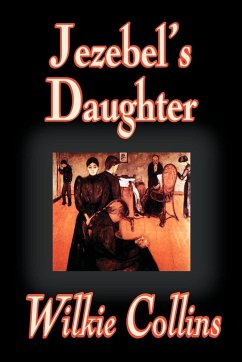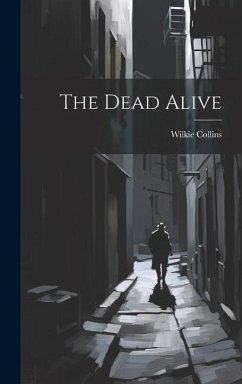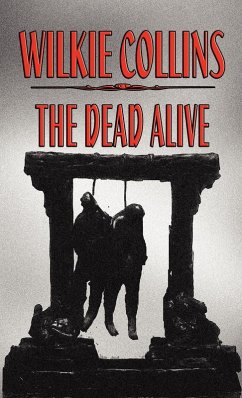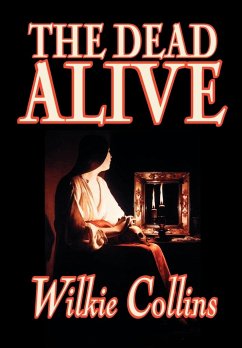
The Dead Alive by Wilkie Collins, Fiction, Classics
Versandkostenfrei!
Versandfertig in über 4 Wochen
26,99 €
inkl. MwSt.

PAYBACK Punkte
13 °P sammeln!
I saw the two shadowy figures slowly pacing backward and forward in the moonlight, the woman a little in advance of the man. What was he saying to her? Why was he so anxious that not a word of it should be heard? Our presentiments are sometimes, in certain rare cases, the faithful prophecy of the future. A vague distrust of that moonlight meeting stealthily took a hold on my mind. "Will mischief come of it?" I asked myself as I closed the door and entered the house. Mischief DID come of it. You shall hear how.



